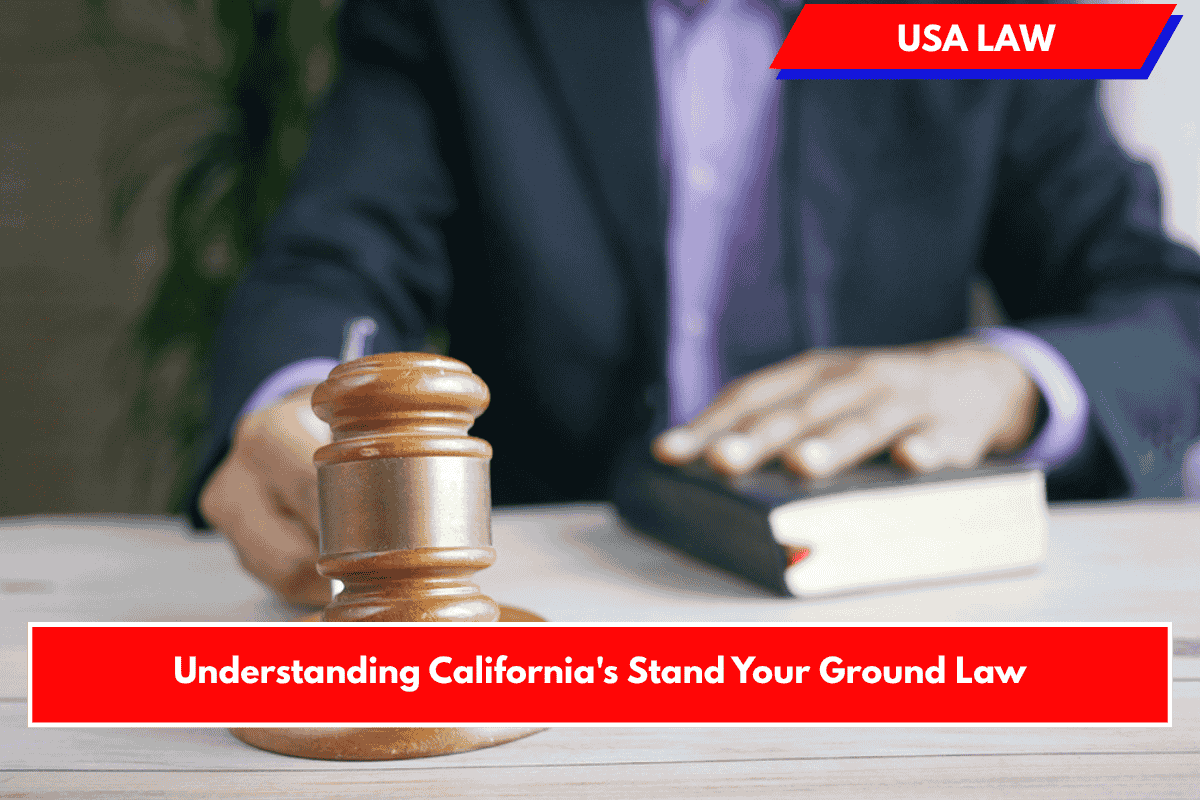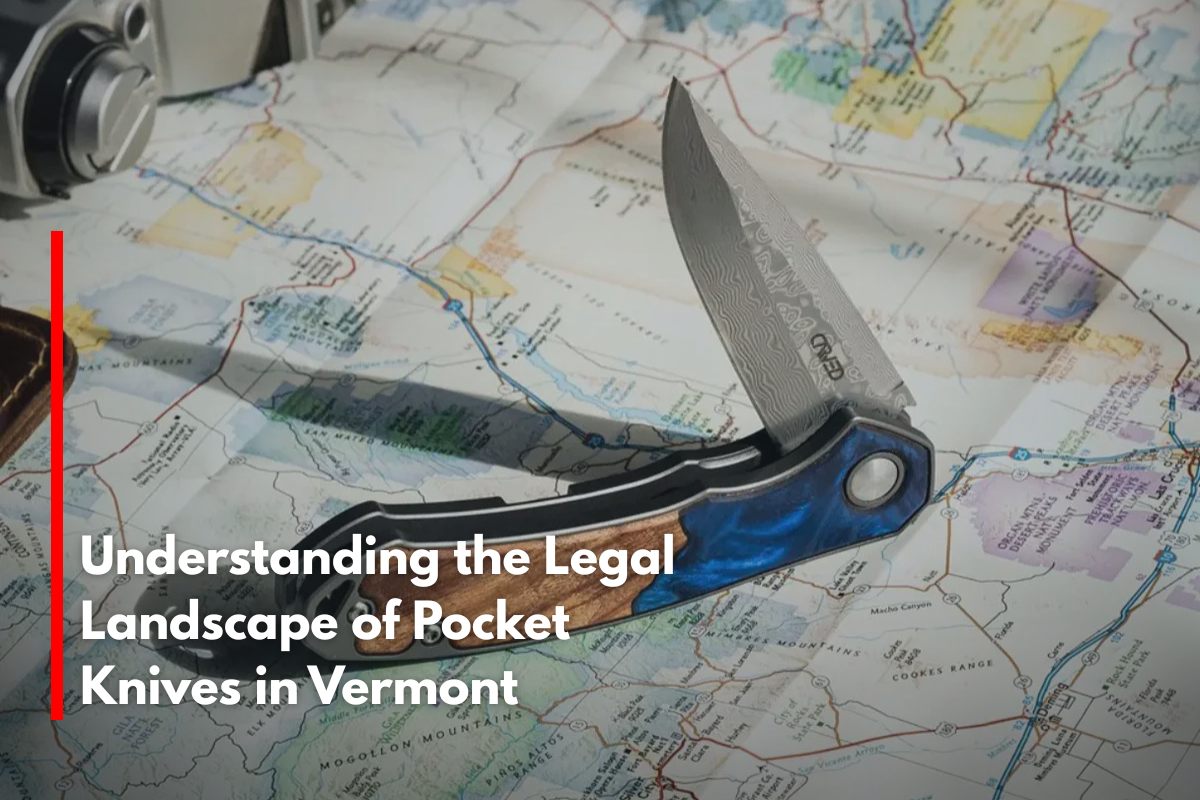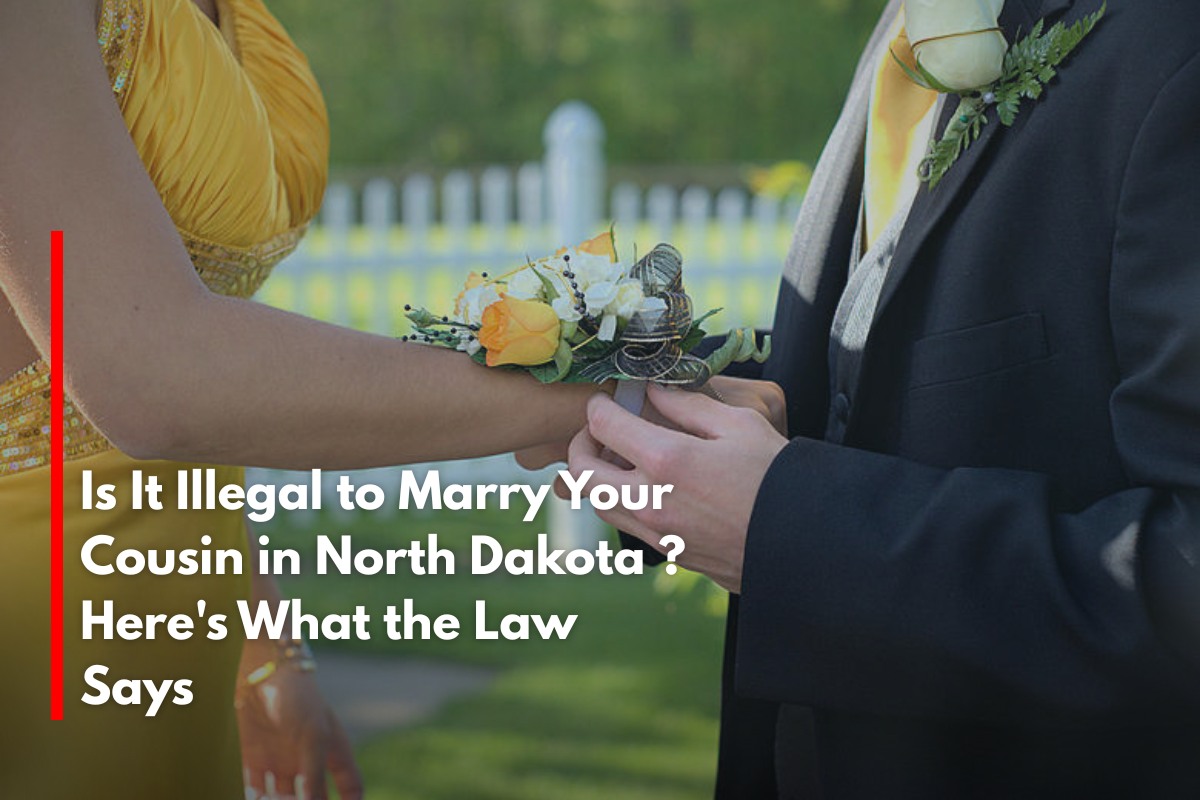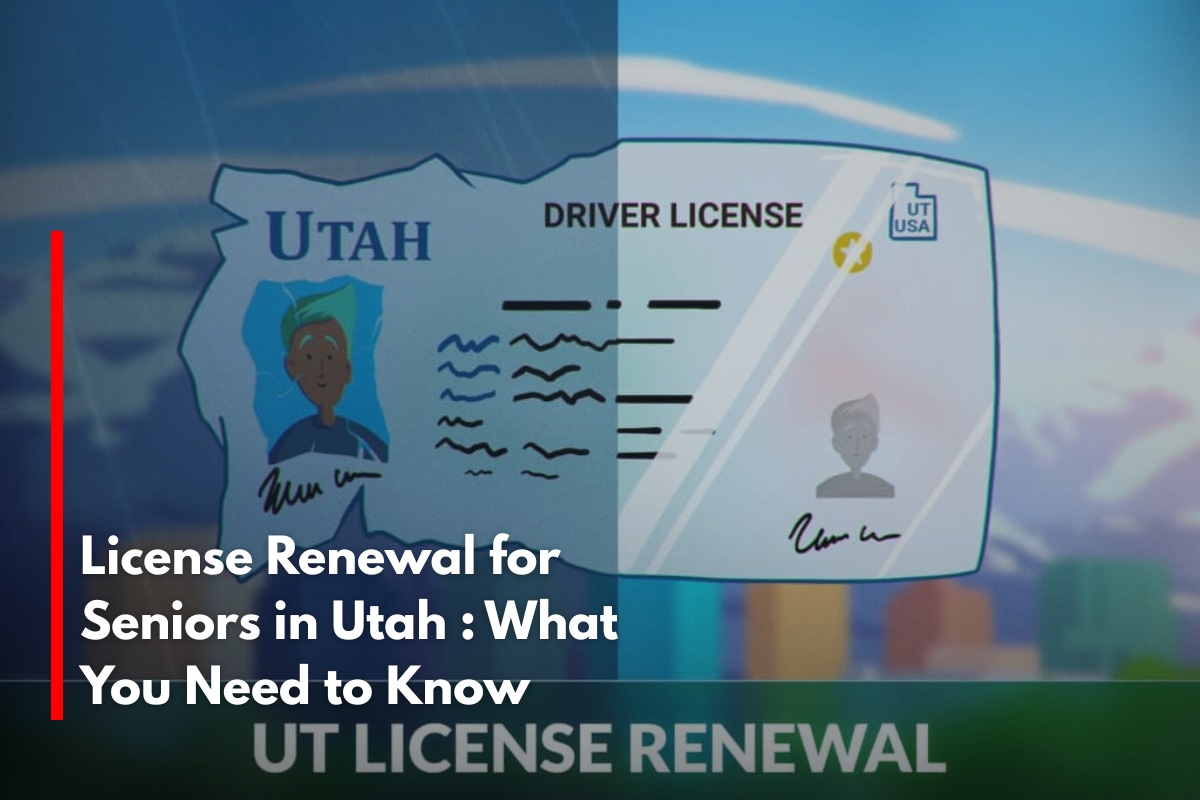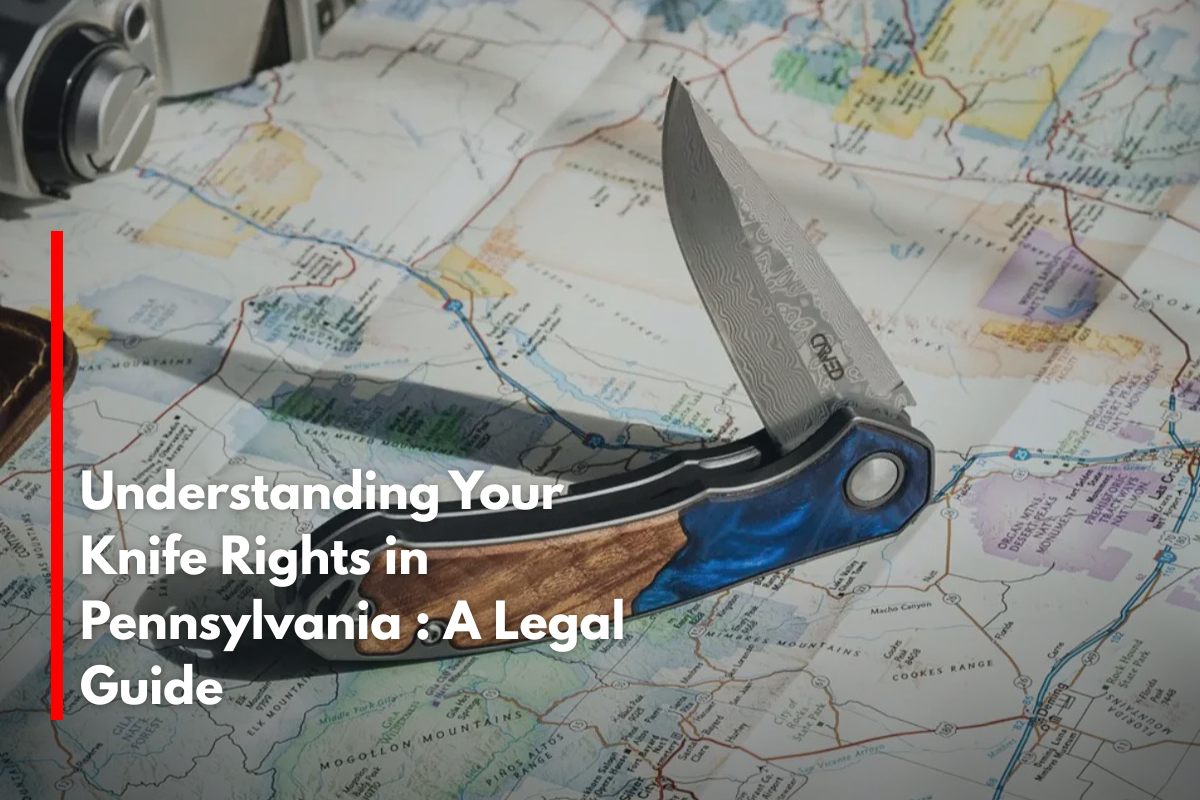California’s approach to self-defense and “stand your ground” laws is nuanced, balancing the right to protect oneself with the need to prevent unnecessary violence. Here’s a clear breakdown of what the law says as of 2025.
Does California Have a Stand Your Ground Law?
California does not have a specific “Stand Your Ground” statute like some other states. However, California law does allow individuals to defend themselves or others without a duty to retreat, as long as certain conditions are met. This principle is established through case law, jury instructions, and statutory provisions related to self-defense.
Key Elements of California’s Stand Your Ground Principle
You may lawfully “stand your ground” and use force in self-defense if:
- You reasonably believe that you or another person are in imminent danger of being harmed.
- You reasonably believe that the immediate use of force is necessary to defend against that danger.
- You use no more force than is reasonably necessary to defend against that danger.
Deadly force is only justified if the imminent danger involves a risk of death or great bodily injury.
No Duty to Retreat
- No legal obligation to retreat: If you are lawfully present and did not provoke the confrontation or engage in illegal activity, you are not required to retreat before using reasonable force—even deadly force—in self-defense.
- Proportional response: The force used must be proportional to the threat faced. Excessive force beyond what is necessary may not be legally justified.
Limitations and Exceptions
California’s stand your ground principle does not apply if:
- You started the fight.
- You were trespassing.
- You were committing an illegal act at the time.
In these situations, you are expected to retreat if possible, or you could face criminal charges for any violent acts committed.
Castle Doctrine vs. Stand Your Ground
- Castle Doctrine: Applies specifically to your home. If an intruder unlawfully and forcibly enters your residence, you are presumed to have a reasonable fear of imminent peril and may use lethal force—even if the intruder is unarmed.
- Stand Your Ground: Applies anywhere you are lawfully present, not just your home, but requires proportional force and a reasonable belief of imminent danger.
| Principle | Applies Where? | Duty to Retreat? | Maximum Force Allowed |
|---|---|---|---|
| Stand Your Ground | Anywhere lawful | No | Proportional (can be deadly) |
| Castle Doctrine | Home | No | Lethal force |
Recent Legislative Developments
- Assembly Bill 1333 (2025): This bill seeks to clarify and slightly restrict the stand your ground principle in California, emphasizing the importance of de-escalation and disengagement when possible in conflicts outside the home. The bill does not impact the Castle Doctrine.
- Key Point: Even with AB 1333, Californians retain the right to use deadly force if they are under imminent threat of serious harm or death. The law simply encourages avoiding fatal outcomes when safe alternatives exist.
Summary
- California allows you to stand your ground and defend yourself or others without retreating, as long as you are not the aggressor, trespassing, or committing a crime.
- Use of force must be reasonable and proportional to the threat.
- Castle Doctrine gives broader protection inside your home.
- Recent legislative efforts focus on encouraging de-escalation, but do not eliminate the right to self-defense when truly necessary.
Californians should be aware that while the right to stand your ground exists, its application is subject to strict legal scrutiny and reasonableness standards. Always consider whether your actions are justified under the specific circumstances you face.
Sources
- https://www.shouselaw.com/ca/blog/laws/is-california-a-stand-your-ground-state/
- https://en.wikipedia.org/wiki/Stand-your-ground_law
- https://www.everytown.org/press/fact-sheet-ab-1333-is-life-saving-legislation-aimed-at-preventing-those-who-shoot-first-and-ask-questions-later/
- https://www.cronisraelsandstark.com/stand-your-ground
- https://zacharymccreadylaw.com/blog/does-california-have-a-stand-your-ground-law/
